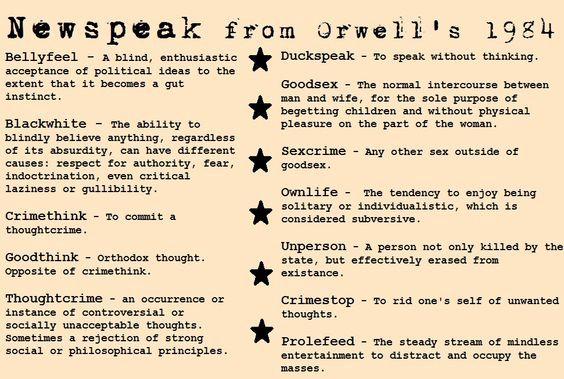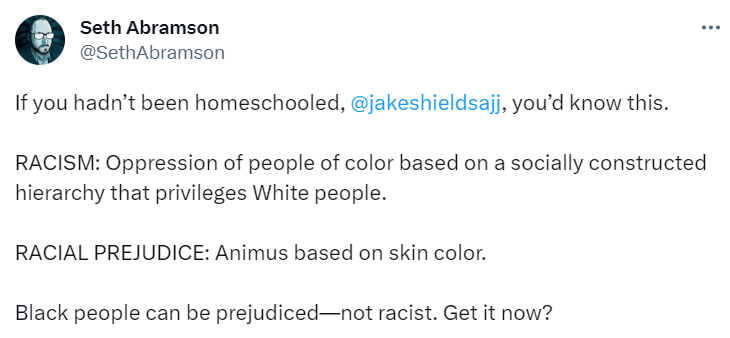
Everyone’s asking what racial equality would look like in the sport of cricket. The typical, low IQ, explanation is that it would look like equal representation for all disadvantaged communities and blah blah blah. This article suggests an alternative, higher IQ explanation free of Marxist nonsense.
The laws of cricket are based on a great many assumptions. One of those is that cricket is fundamentally a contest between bat and ball. Another assumption is that bowling fast is the “standard” way of beating the bat, and that spin bowling is a variation.
This latter assumption plays out often. The fast bowlers almost always open the bowling. Usually only after they’ve already had a go does the captain bring on a spinner. Often the spinner has to wait until the third (or even fourth) seamer has already bowled.
Seaming conditions are, at time of writing, considered “standard” conditions in international cricket. But not every bowler is suited to seaming conditions. More importantly, not every cricketing nation is suited to producing fast bowlers. And here we’re not talking about culture, but genetics.
As anyone who has recently seen the Australian cricket team will know, there are a lot of tall fast bowlers on the international scene. Mitchell Starc and Josh Hazlewood are 6’7″ and 6’6″ respectively. Pat Cummins is relatively short in such company, at only 6’4″. But even Cummins, the shortest of the three, is two standard deviations above the mean height of Australian males.
Fast bowlers tend to be tall for the same reason that baseball pitchers tend to be tall. The taller someone is, the longer their arms. The longer the arms, the higher the handspeed at point of release (all other things being equal). And the higher the handspeed, the faster the delivery. So international fast bowlers are almost always taller than their national average.
The national average, of course, varies from nation to nation. But it is precisely here that the current cricketing setup advantages some nations and disdvantages others.
Richard Dawkins has explained that civilisation has the effect of making populations smaller over the long-term. This it does by removing the major selective advantage in favour of large size, which is capacity for violence. In a state of Nature, a capacity for violence is the primary determinant of whether a man gets to pass his genes on to following generations. In a state of civilisation, the violent are executed and don’t pass their genes on.
So countries such as India, whose people have been civilised for several millennia, have long since lost a strong selective pressure in favour of size and capacity for violence. Countries with people of Northern European descent, whose people were barely civilised at all as recently as a thousand years ago, maintained that selective pressure much longer. Hence, Northern European men today are much bigger than Indian ones.
If the average height of an Anglo-Saxon male aged between 20 and 35 (the demographic that produces the vast majority of Australian cricketers) in Australia is 5’10”, and if this demographic is 10% of the total Australian population, then there are about 2.5 million men in this population.
If the average standard deviation of male Anglo-Saxon height in Australia is about three inches, then a player like Starc or Hazlewood is about three standard deviations above average. This means that players of their height are about 1 in 740 among the general population. 2.5 million divided by 740 gives us 3,378 – the number of Australian men tall and young enough to be extremely effective international fast bowlers.
Let’s assume that those young and male enough to make the Indian cricket team are also 10% of the population. But their average height is significantly less than that of the average Anglo-Saxon Australian – 5’5″-5’6″. So in order to be around Starc’s or Hazlewood’s height, the average Indian male has to be 4.5 standard deviations above the mean. This makes them much rarer – only about one in 300,000 Indian men will be that tall.
So if all the men aged between 20 and 35 in India comprise 10% of the nation’s population of 1.4 billion, this makes 140 million young enough for the national cricket team. Of them, only some 467 will be of a similar height to Starc or Hazlewood.
In other words, Australia has 7-8 times as many men tall enough to be extremely effective international fast bowlers as India does. This is despite that India has over 50 times as many people.
The conclusion from all of this mathematics is simple: the normalisation of fast bowling as the standard method of bowling a cricket ball provides an unfair advantage to countries with taller populations (the West Indies are also a beneficiary here, as anyone who saw Joel Garner, Curtly Ambrose or Courtney Walsh bowling will know).
The Indian phenotype, being shorter and with much more flexible wrists than white people, is far better suited to spin bowling. The more flexible one’s wrist, the easier it is to put large spin on the ball, and the greater the spin the higher the likelihood of taking wickets.
Racial equity in cricket, then, would require the normalisation of the idea that fast bowling and spin bowling were arts deserving of equal attention.
The situation facing the Indian Test team, and Ravi Ashwin in particular, is a disgrace. Ashwin is currently the world’s No. 1 Test bowler by far. The fact that he can’t find a place in the team when India tours England – because conditions in England have been manufactured to suit fast bowling on the basis that that’s normal bowling – is an absurdity.
The main argument of this essay is that genuine racial equality in cricket does not involve any Marxist nonsense, but is chiefly a matter of providing conditions that suit spin just as much as seam.
This might even entail a requirement that conditions in non-Asian countries be manufactured so that teams bowl at least 40% of their overs in spin (averaged across a season), and of the players’ own volition. That way, it could be said that bowling in cricket was something for all possible physiques, not just the tall and strong.
Such a measure would tip the balance back towards skill from strength. Cricket is primarily a game of skill – in contrast to sports like wrestling, boxing or rugby, where strength is the most important factor. Extreme skill on display has always been cricket’s major appeal. Forcing balance between pace and spin could be the way to maximise the skill component of cricket, and to minimise the strength component.
Eventually this might entail that international cricket teams would bowl around half their overs in pace and half in spin.
*
For more of VJM’s ideas, see his work on other platforms!
For even more of VJM’s ideas, buy one of his books!
*
If you enjoyed reading this essay/article, you can get a compilation of the Best VJMP Essays and Articles from 2021 from Amazon as a Kindle ebook or paperback. Compilations of the Best VJMP Essays and Articles of 2020, the Best VJMP Essays and Articles of 2019, the Best VJMP Essays and Articles of 2018 and the Best VJMP Essays and Articles of 2017 are also available.
*
If you would like to support our work in other ways, subscribe to our SubscribeStar fund, or make a donation to our Paypal! Even better, buy any one of our books!






